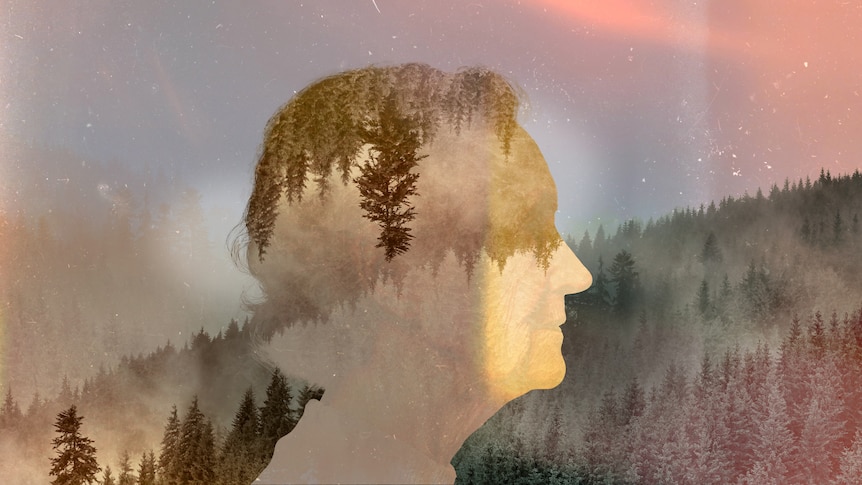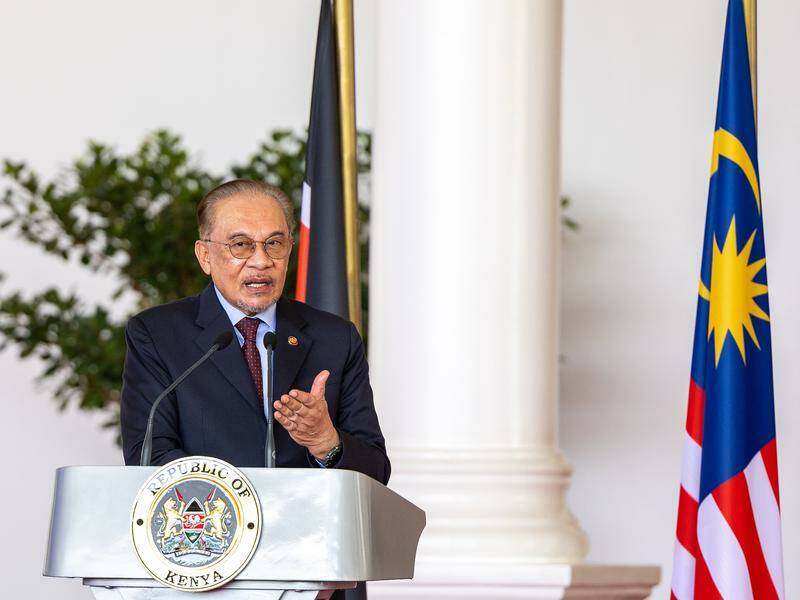
After witnessing my mother’s cognitive decline and with dementia now the leading cause of death for Australian women, I can’t help but wonder: will I be among them? The changes in my mother were subtle at first. It was only in hindsight that I realized something was wrong. Her symptoms emerged so gradually that I couldn’t tell where “Old Mum” ended and “New Mum” began.
One day, after a live taping of the TV show I presented, my mother turned to a guest and asked, “Where did you say your family were from?” The guest, editor and media entrepreneur Mia Freedman, replied that her family was from South Africa. My mother, mistakingly, thought of someone else entirely. This was just one of many signs that something was amiss.
The announcement comes as dementia has become a significant health concern, with Alzheimer’s disease being the most common form. The rate of dementia increases with age, affecting a third of Australians in their 90s. Notably, two-thirds of Australians living with dementia are women. The condition is not limited to the elderly; in rare cases, it can strike children.
The Quiet Arrival of Alzheimer’s
In the 1990s, researchers rediscovered a blue file belonging to Bavarian neuropathologist Alois Alzheimer. It contained notes on his patient Auguste Deter, who exhibited symptoms of advanced cognitive decline at just 51. Alzheimer’s meticulous documentation included observations and drawings of unusual plaques and tangles in her brain tissue, which he presented in a lecture in 1906.
Despite the groundbreaking nature of his findings, Alzheimer’s work initially went unnoticed. It was his superior, psychiatrist Emil Kraepelin, who later framed the discovery as a disease, naming it Alzheimer’s disease in 1910. “Everything we know about the natural history of age-associated progressive dementia suggests that it has always been part of human experience,” says an expert.
Understanding Dementia Today
Today, dementia is an umbrella term for over 100 chronic, progressive, and often terminal brain disorders. Most common dementias result from the abnormal accumulation or mis-folding of proteins in the brain, disrupting brain cell function and eventually leading to cell death.
“Everyone’s looking for a cure,” says Professor Henry Brodaty, a leading figure in Australian dementia research.
Brodaty, co-director of the Centre for Healthy Brain Ageing at UNSW, emphasizes the importance of lifestyle changes in influencing dementia development. His team conducted the Maintain Your Brain trial, which found that three years of online lifestyle interventions improved cognition in older adults.
Personal Stories and Genetic Links
Peter Duclos, a former NSW Police officer, discovered he carried two copies of the APOE4 gene, significantly increasing his risk of developing Alzheimer’s. Despite this, Duclos remains proactive, participating in clinical trials and advocating for Dementia Australia.
Similarly, Jessica Harris cares for her husband Richard, who was diagnosed with Alzheimer’s disease with Lewy body dementia. They manage the condition through lifestyle adjustments and community support, demonstrating resilience in the face of adversity.
The Role of Rehabilitation
At Sydney’s Uniting War Memorial Hospital, a pioneering program called iREADi offers rehabilitation for those newly diagnosed with dementia. Led by Dr. Wendy Longley and Christine Sender-Ivanov, the program provides a multidisciplinary approach to help patients live fuller lives.
“Rehab is about living a full life, being as independent as possible,” says Sender-Ivanov.
Kate Swaffer, diagnosed with young-onset dementia, advocates for a rehabilitation approach, likening her regimen to the “Olympics of my life.” Her proactive stance highlights the potential for improved quality of life through rehabilitation.
Looking Forward
Despite the challenges, there is hope. In industrialized countries like Australia, the age-related prevalence of dementia is decreasing. While the overall number of people with dementia is rising due to longer life spans, the risk at certain ages is lower than in previous decades.
As I reflect on my mother’s journey and my own fears, I choose active prevention. Dementia remains a formidable challenge, but it also underscores the importance of cherishing our minds and relationships while we can. This pursuit is both meaningful and deeply human.







